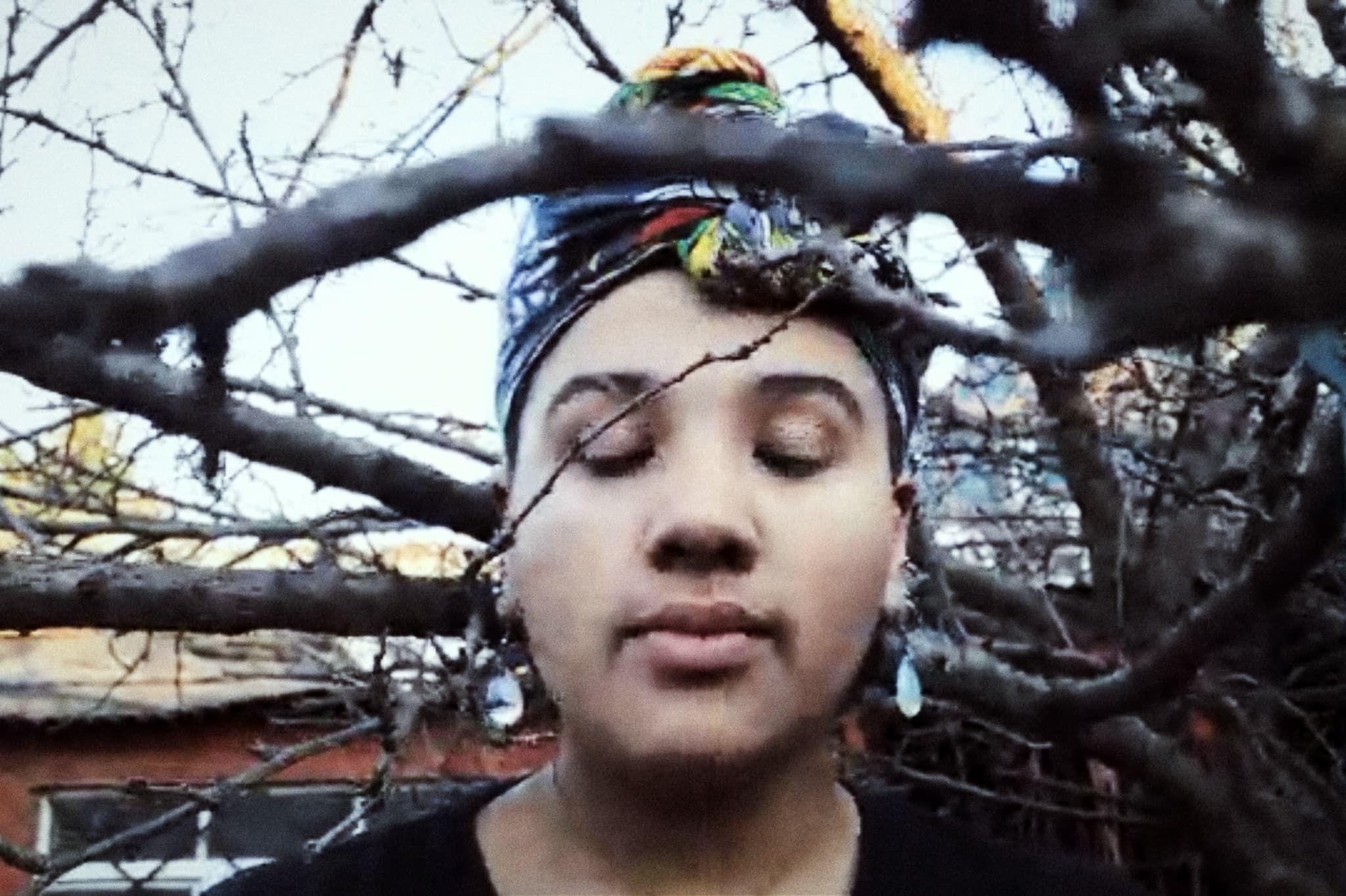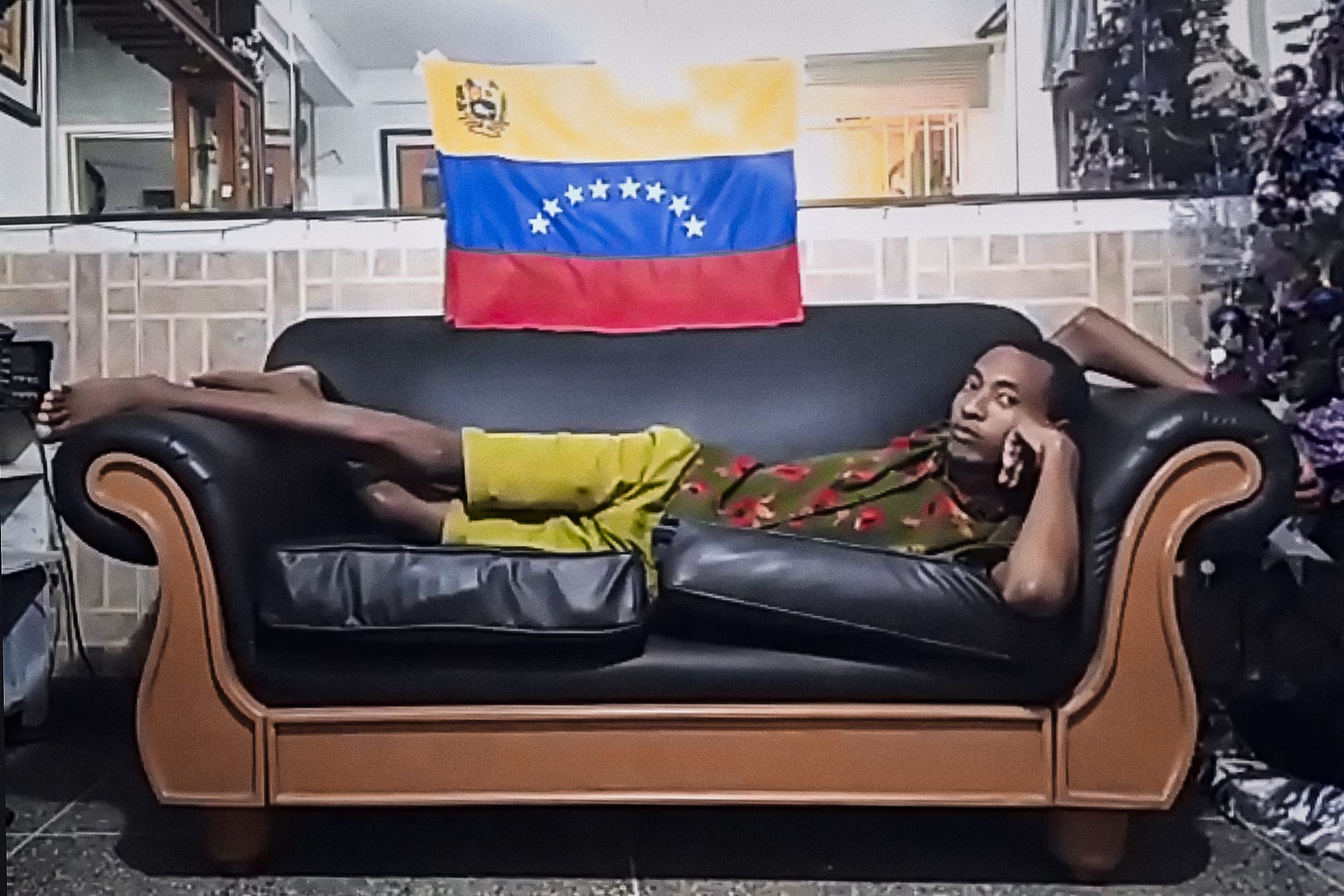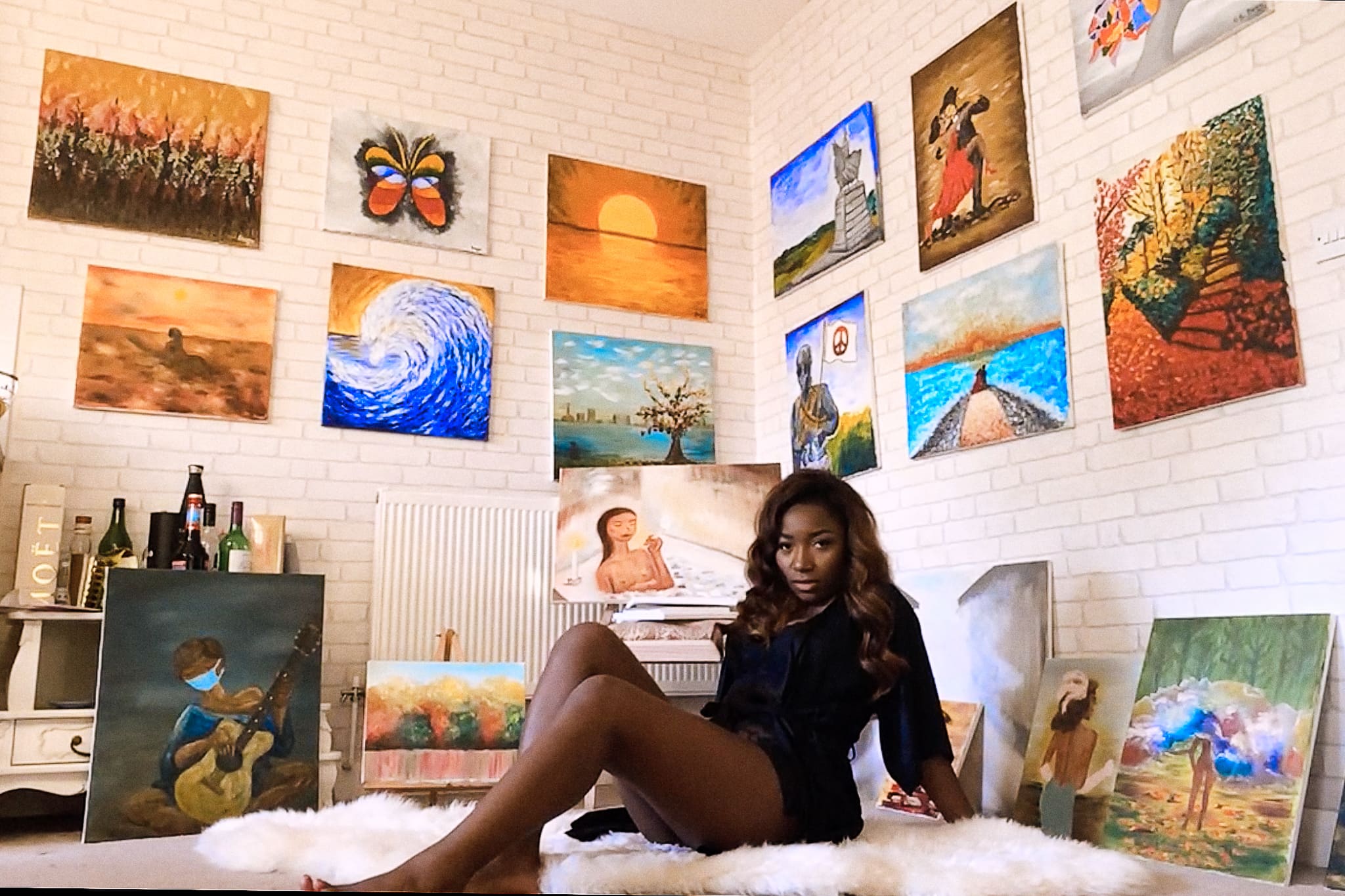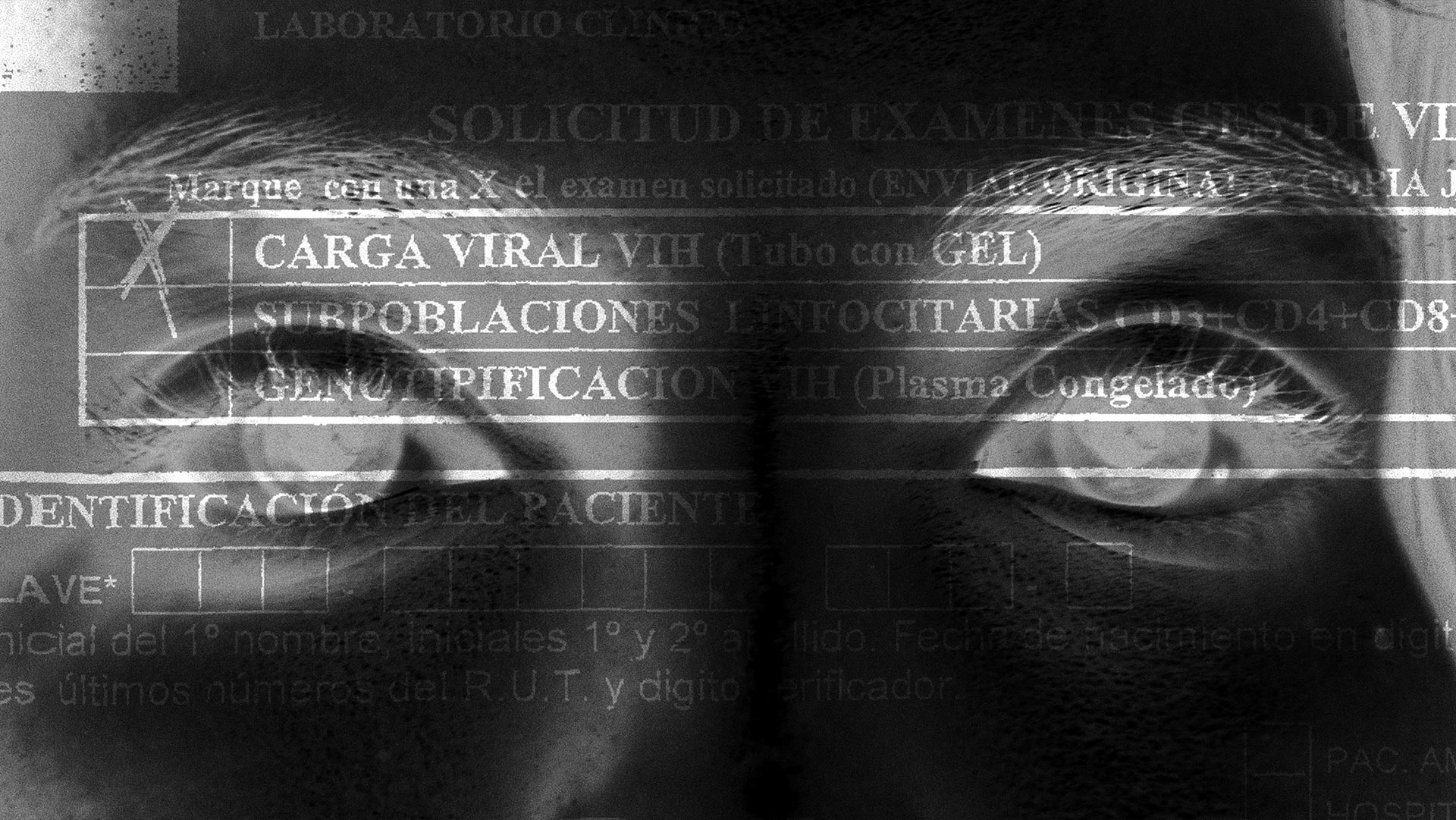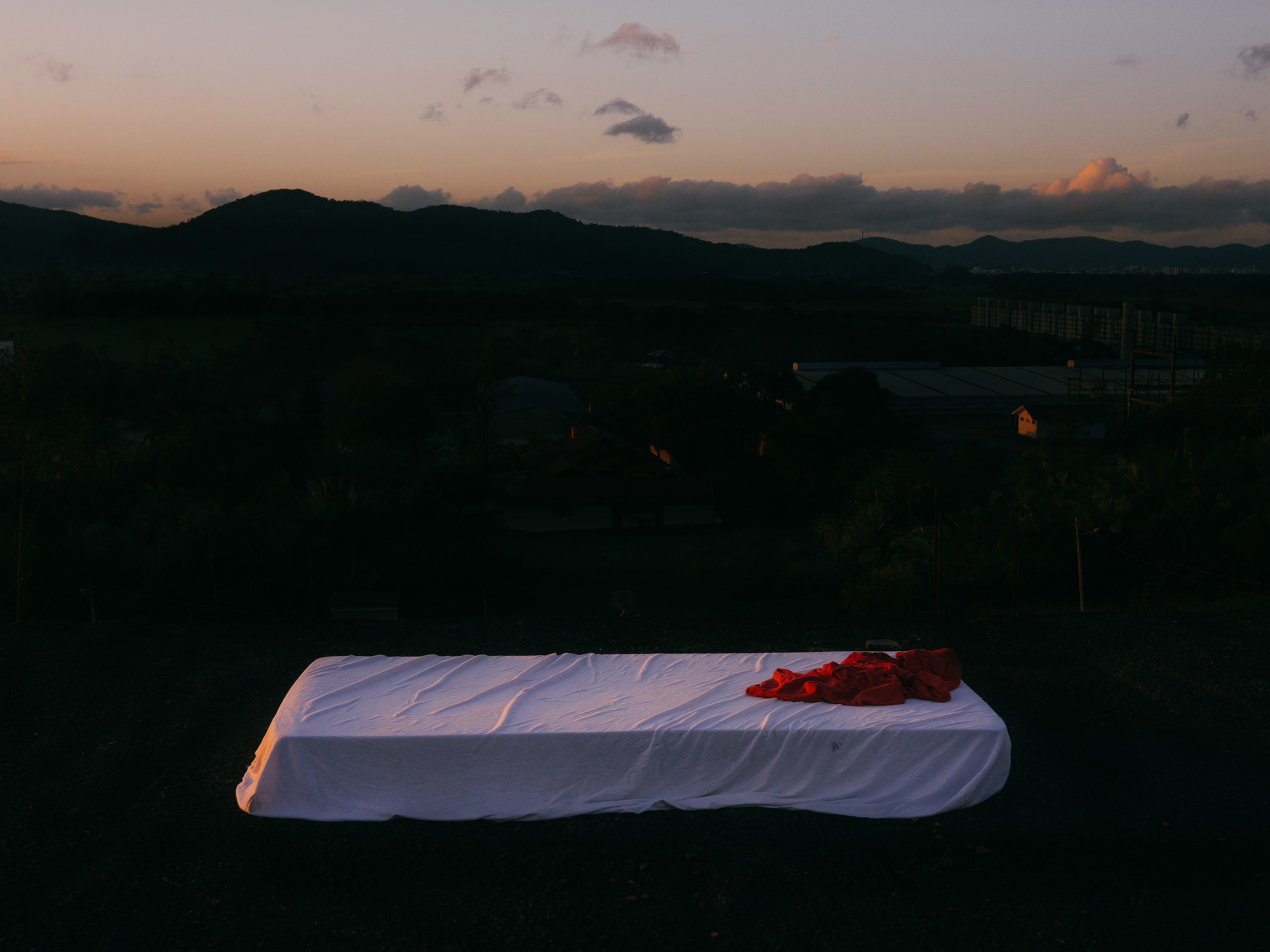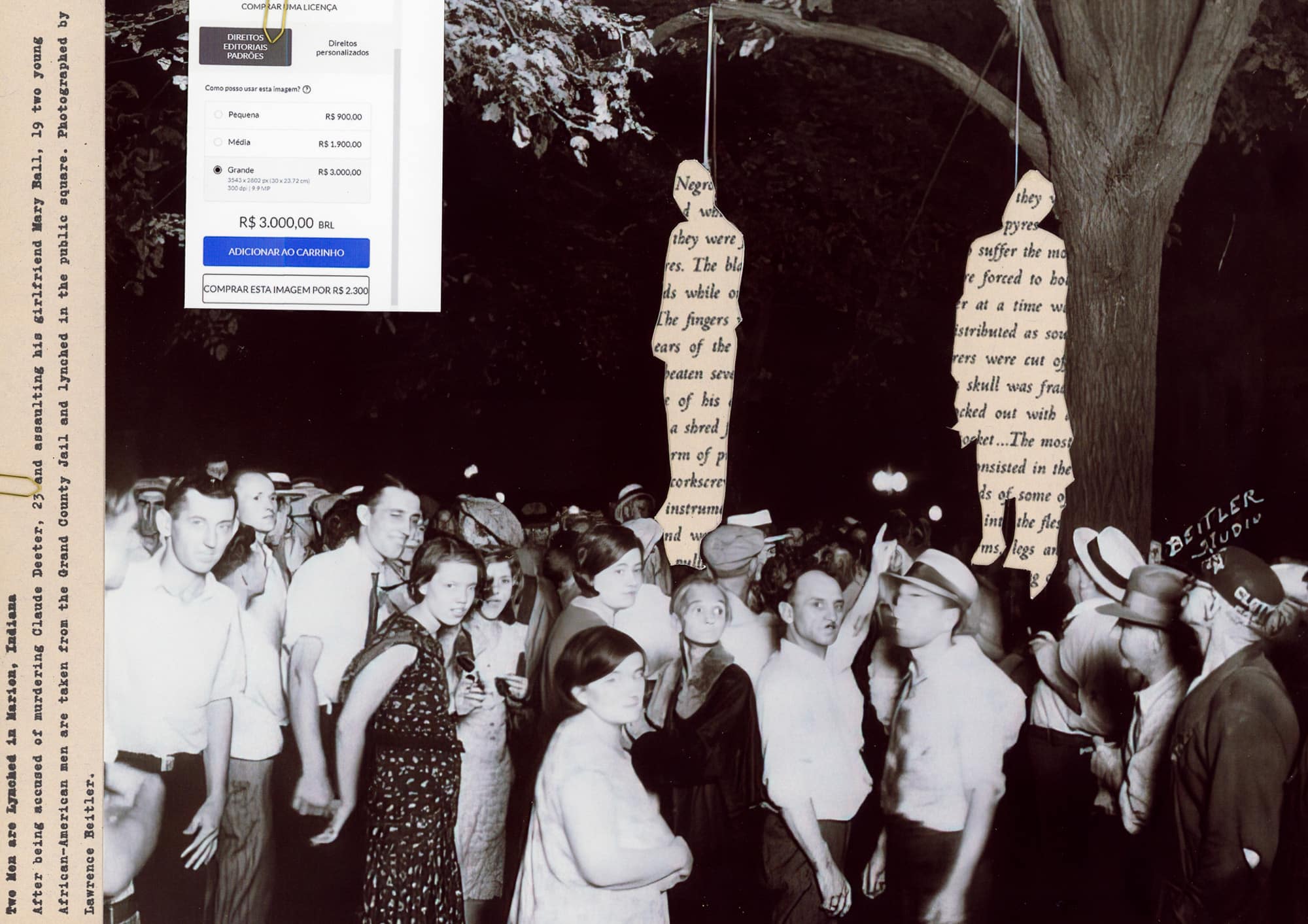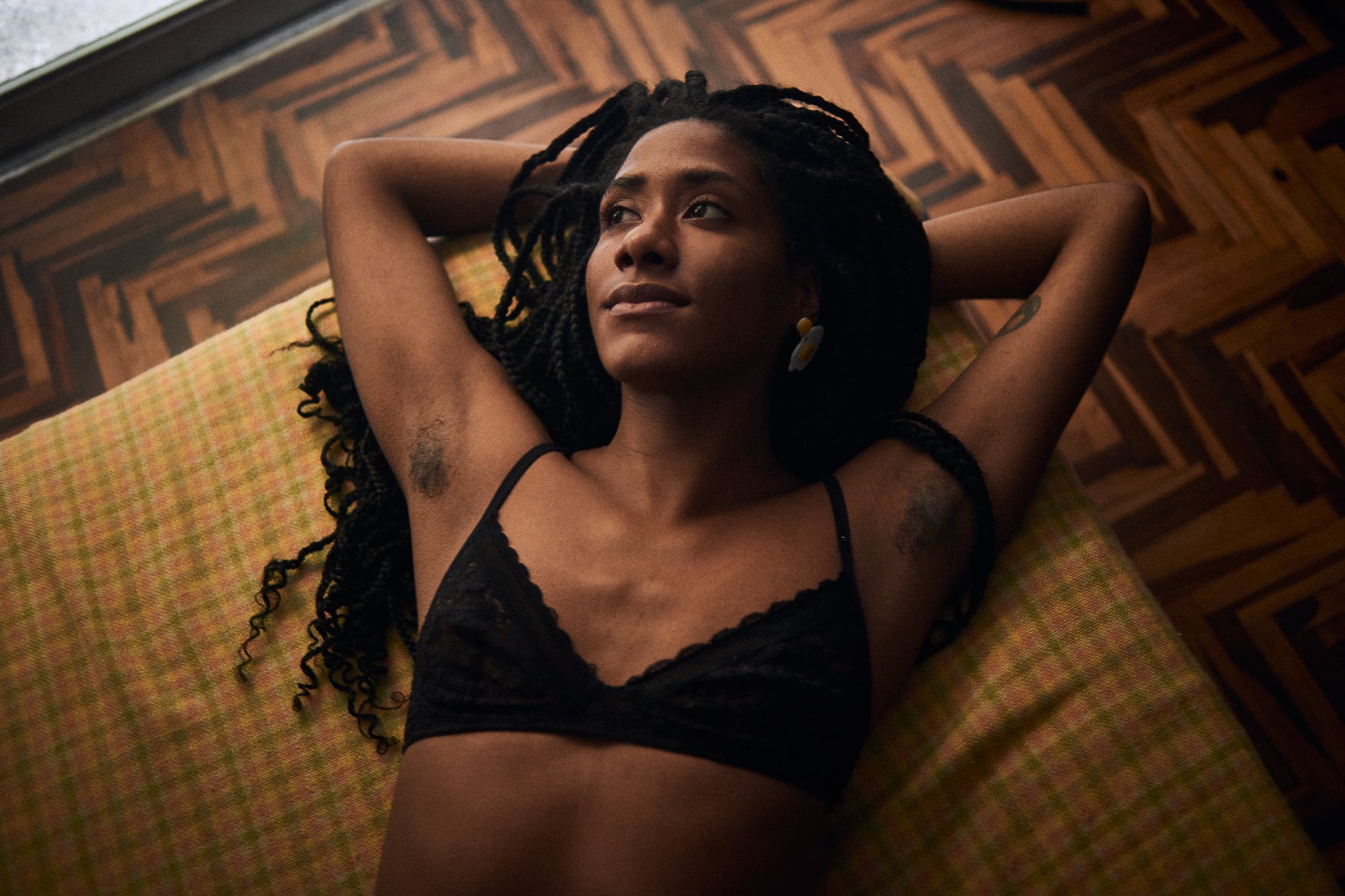
Afroparlantes: a platform for boosting voices
Dedeé Mandros was born in 1993. She is Afro-Peruvian: she knows it, feels it, says it, reaffirms it. As an Afro-descendant when she was a child, she once had stones thrown at her, yes, but for her, what most defines her as part of a community is everything positive: the music, the customs, the art.
With that idea in mind, she created Afroparlantes, a platform where she seeks for the community to express itself, from different parts of the world. “Broaden our voices and show the faces of our black people,” reads the slogan.
In that space, Pamela says that “knowledge empowers”, while ‘Pibaafroqom’ denounces that in Argentina black people are mostly from lower classes. “Education should help us recognize ourselves as afros and feel proud of it,” she says. Nelson, from Guinea Bissau (Portugal) says: “For me, to be Afro is to belong to an ancestral lineage enriched with knowledge over time.”
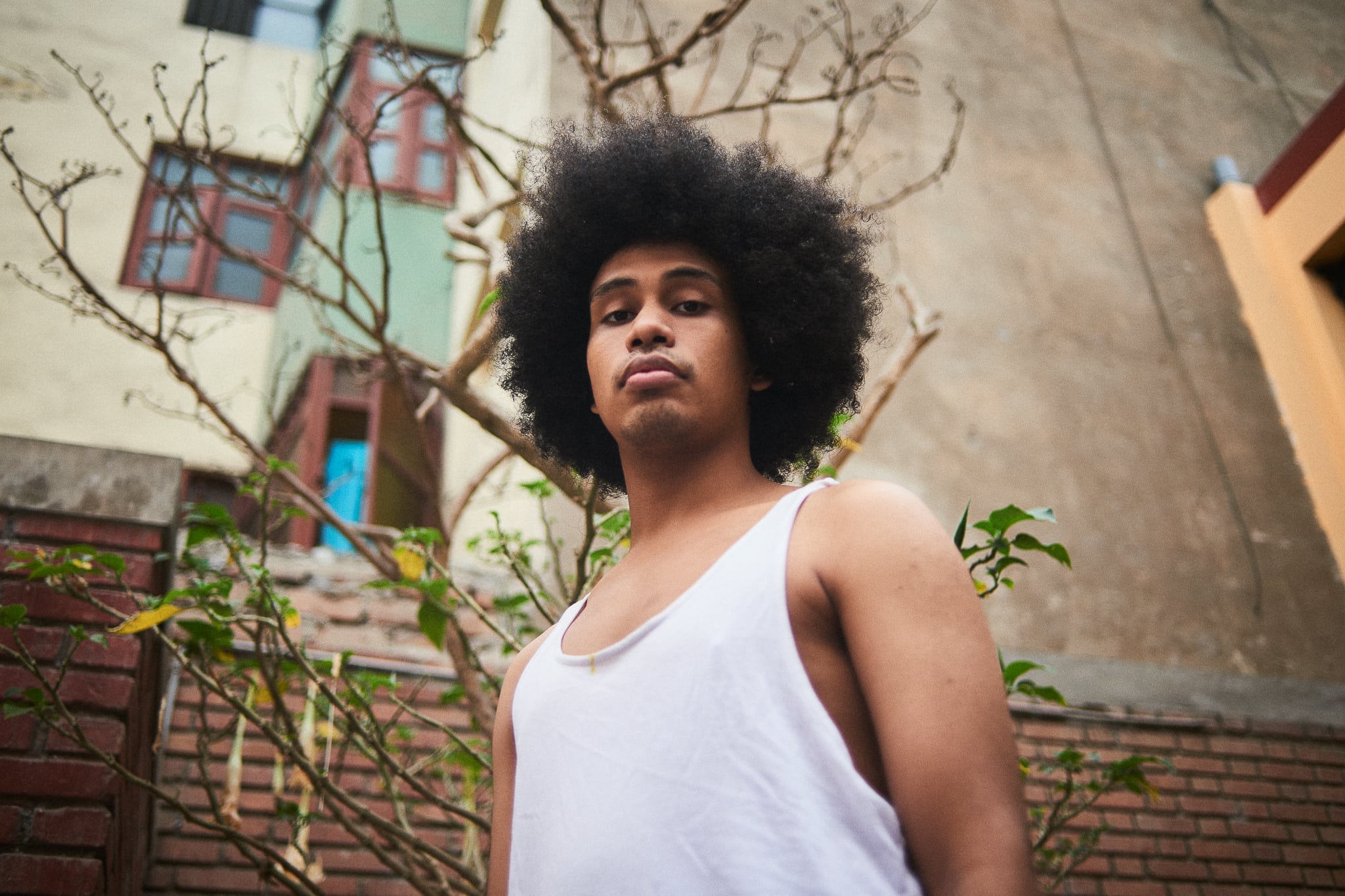
How did the project bear?
I am an Afro-Peruvian. Afroparlantes started during the Covid-19 pandemic. It was a very hard time for the Afro community. It was a time when many things happened. It was not only George Floyd, which was a super big trigger, but also things that happened in many countries: Colombia, Brazil, in China there were a lot of attacks against the Afro community.
Afroparlantes was, for me, a way to unify the community from different places, not only in Peru but also in other countries. My goal is to travel and have this space as a platform where Afro people can talk about their lives. Not only about the community but about their lives in general. It is a unifying space, where various people can raise their voices. It is my way of generating something for my community. It was a desperate cry in the face of everything that was going on. We were all pretty hurt.
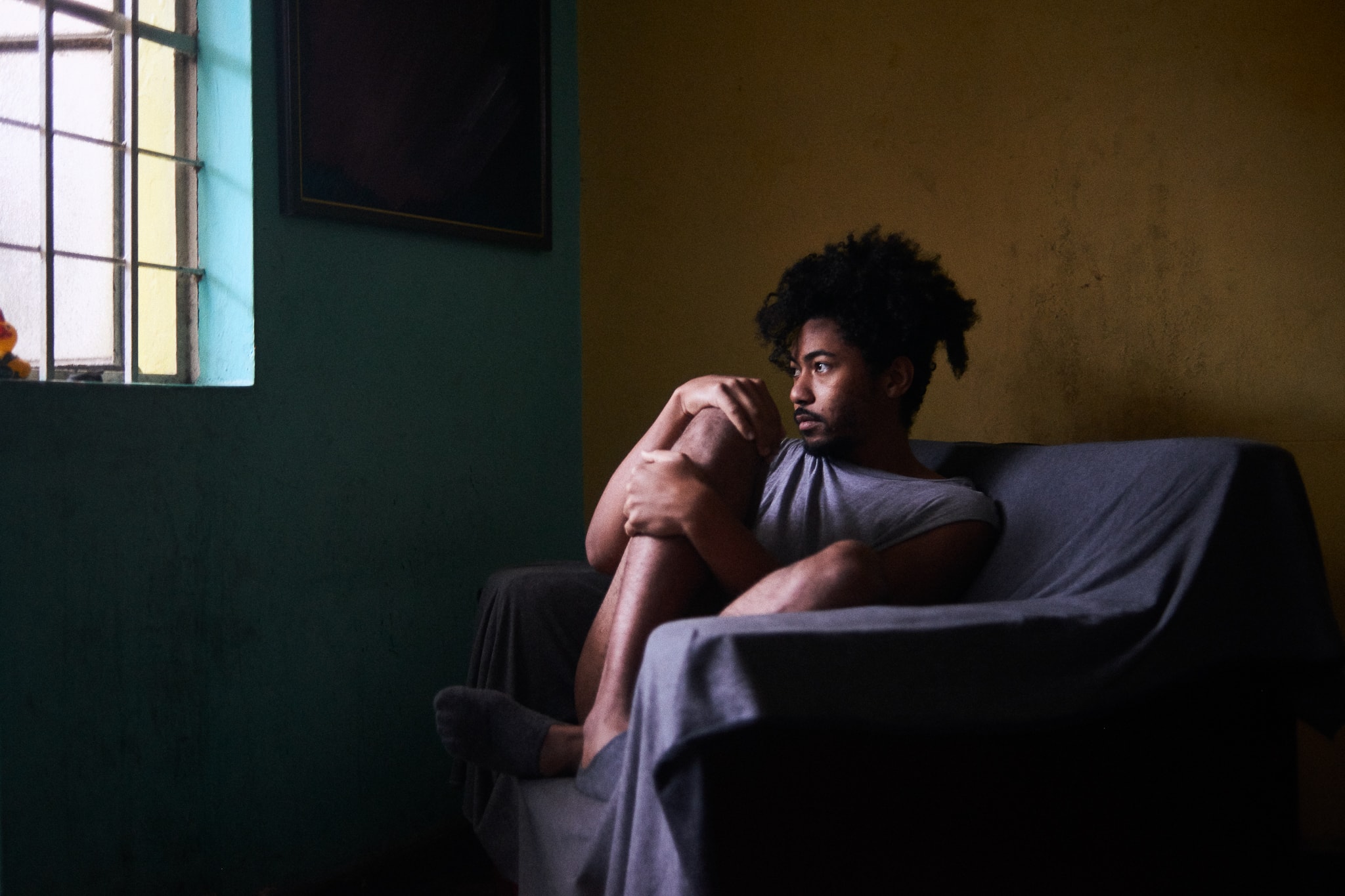
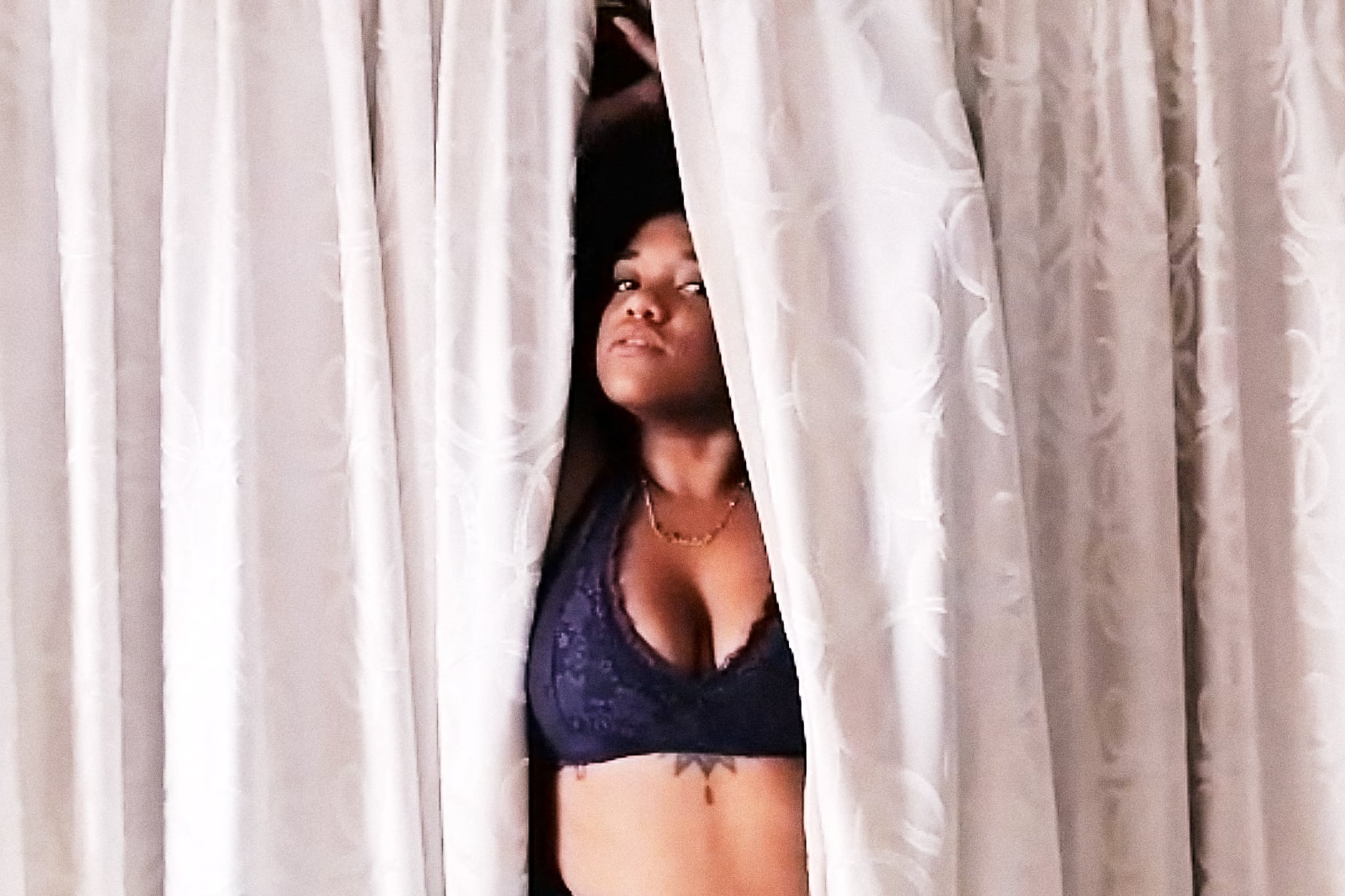
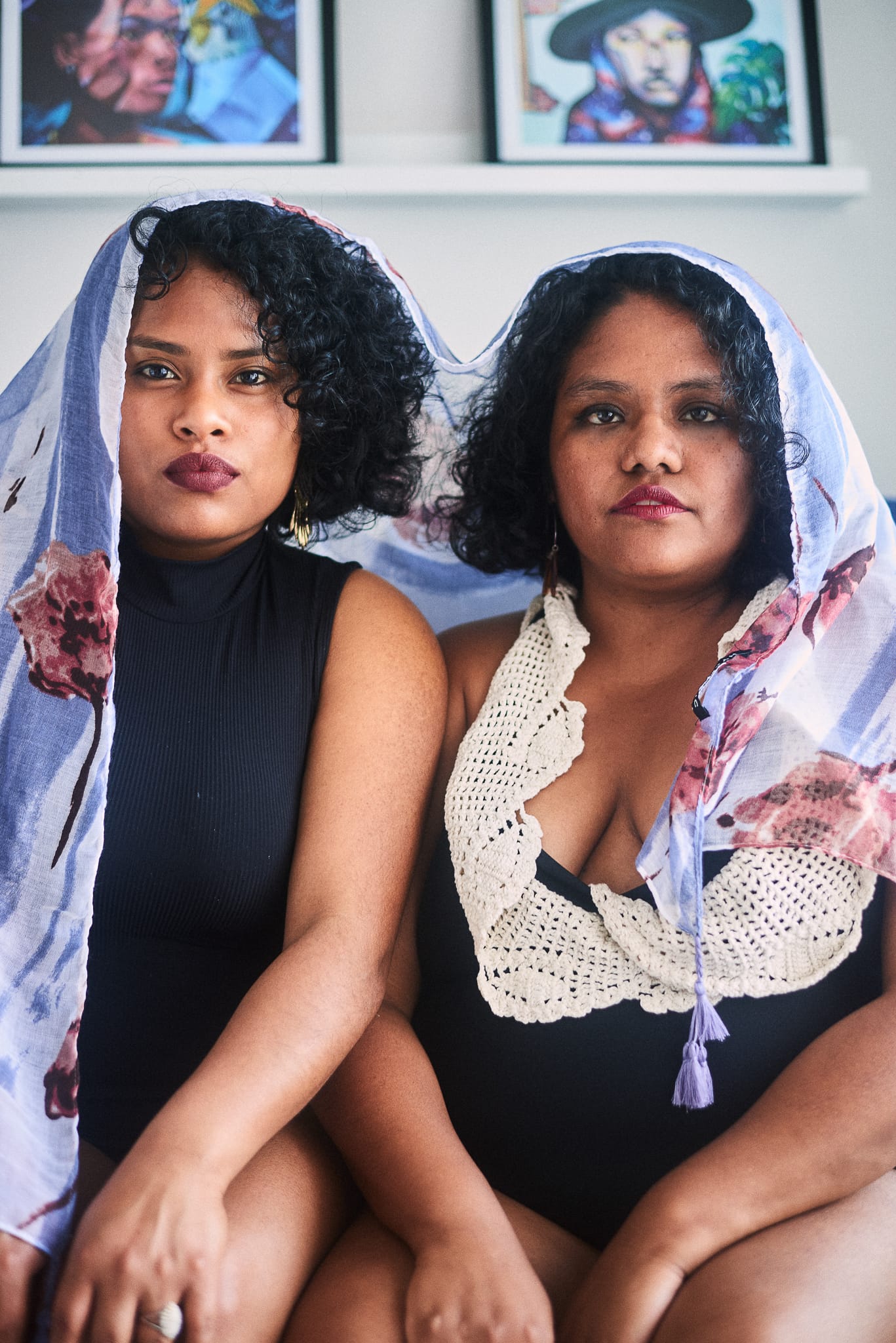
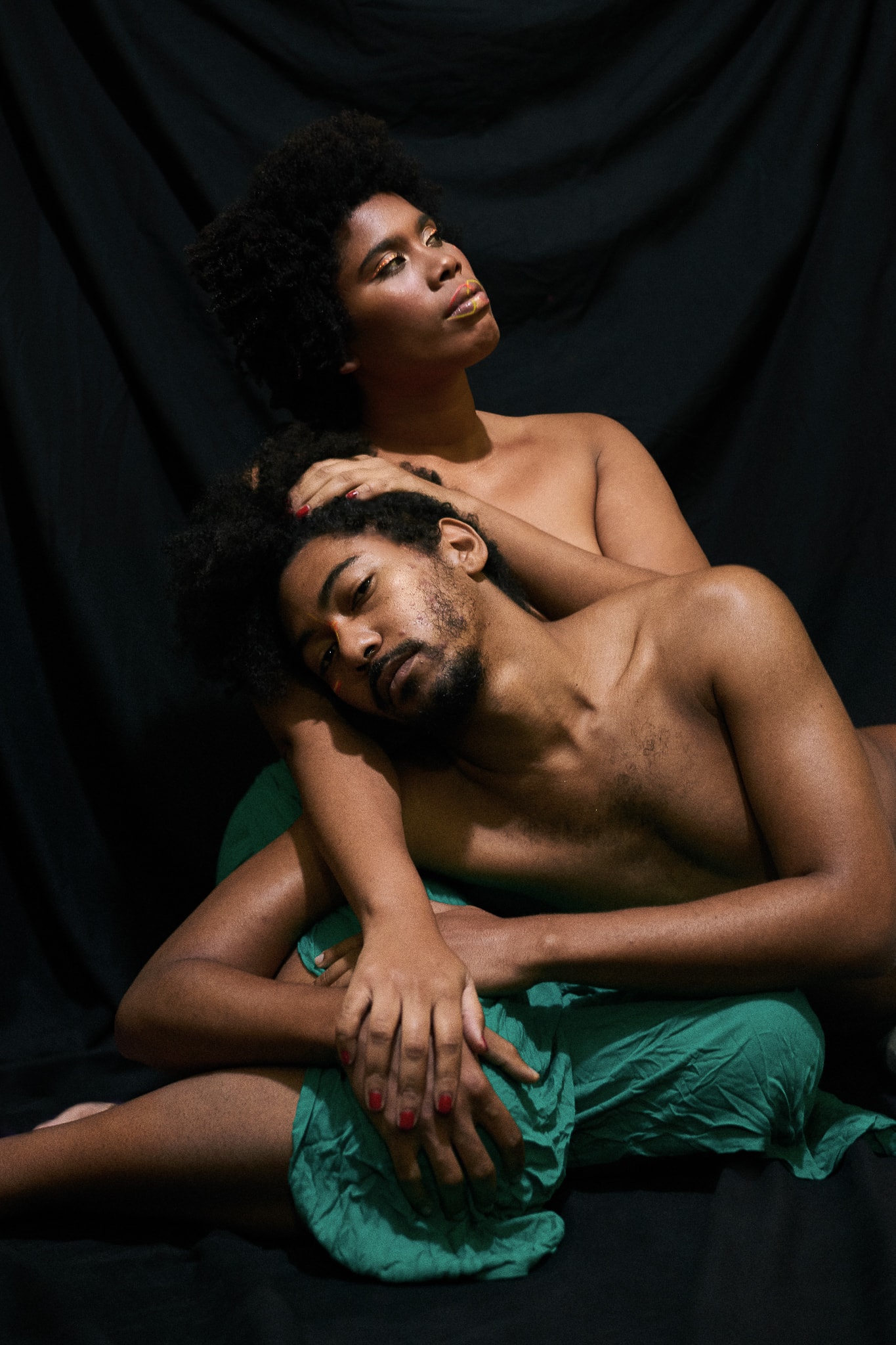
How was your process to name yourself Afro-Peruvian?
I always was, my dad is a black person. I lived away from my father for family reasons. I am not a black woman, I am a woman of African descent. I have had encounters with some older people who have told me “hey, but you are not so Afro”, but I do not take it so much into account. I have had encounters with peers and it is always one of companionship and unity. I have lived as an afro person in a white normative space, I have had many privileges, in educational spaces where there were mostly white people. But I was “the black girl” or the person who was insulted. At one point they threw stones at me.
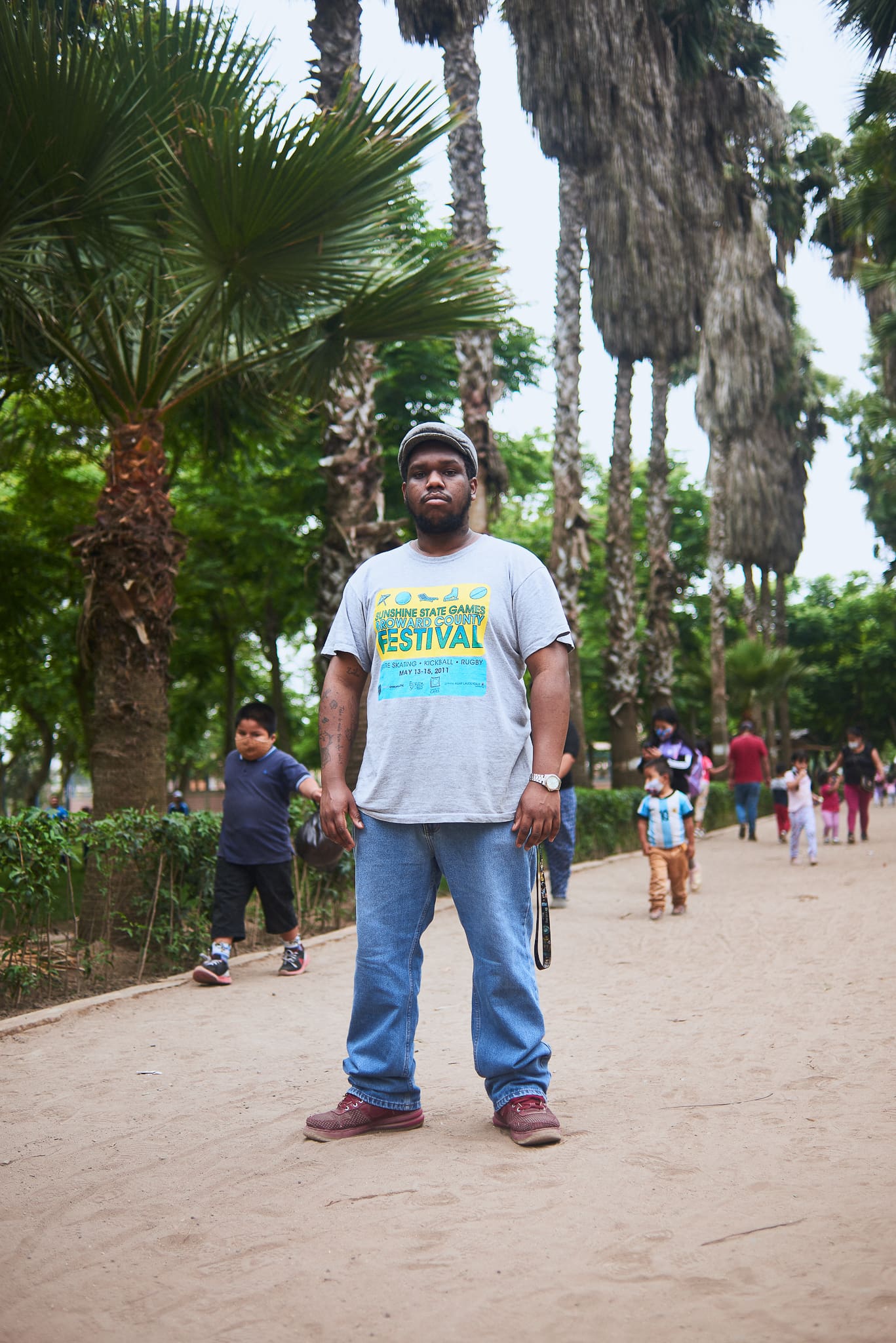
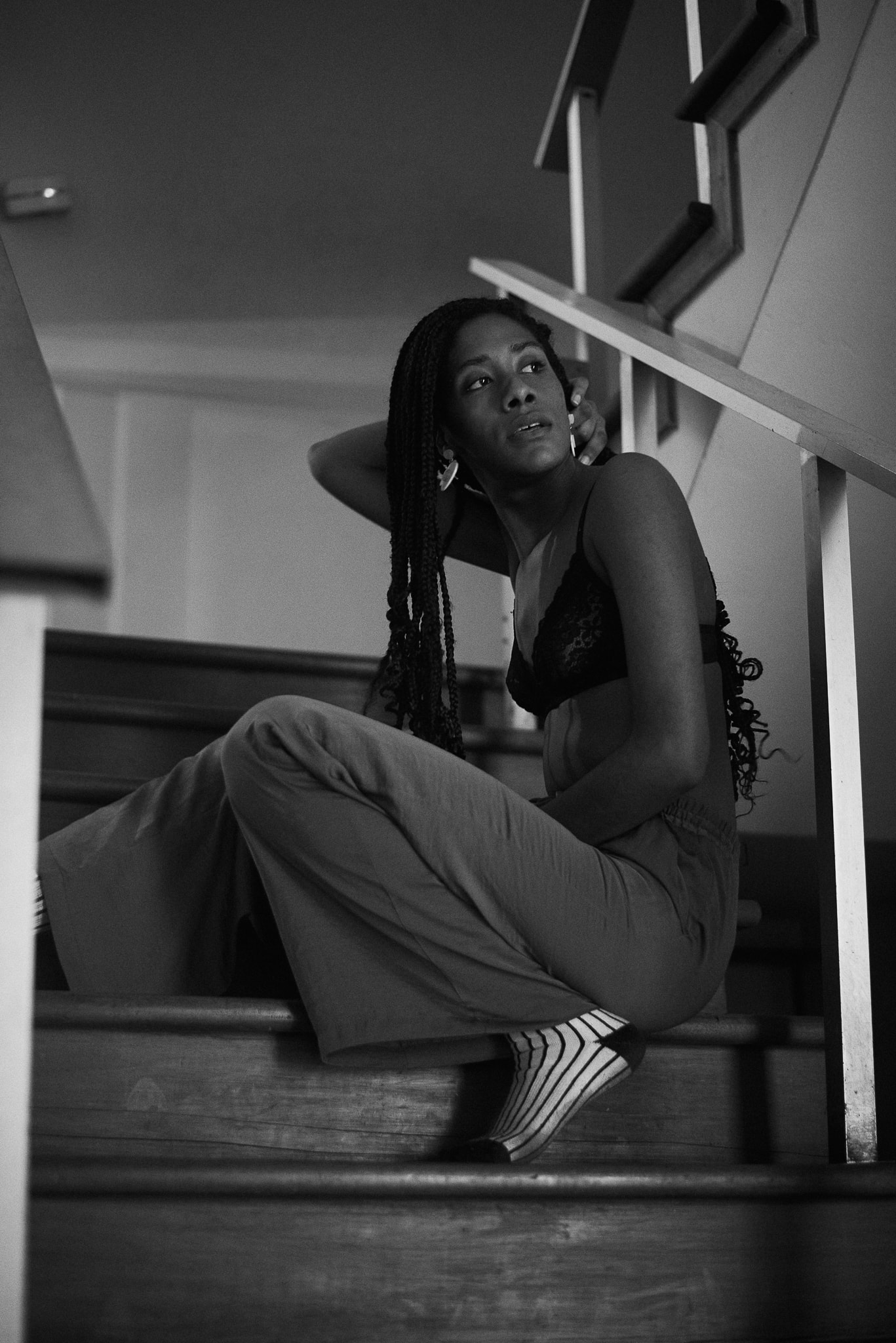
But this is not only defined by the ugly things but also by the beautiful things in the community. It is the responsibility of each one to generate spaces. Although there is a lot of negativity, resentment, and pain, we have suffered. But we have had a lot of culture since ancient times, music, art, dance, artists like (Jean-Michel) Basquiat, food, sports. Also, the fact of raising our voices, of unifying ourselves as activists.
You highlight a lot of positives in the community, don’t you?
For me, the most important thing and the most positive view that I want to bring with Afroparlantes is the idea of representation. The fact that we are present. For many years our names were silenced and hidden from history. Names like that of Bernardo de Monteagudo, an Argentine of African descent from Tucumán, one of the most important participants in the independence of Argentina, Chile, and Peru. The existence of empires such as Ghana on Africa, a continent of which we only imagine tribes before its “colonization”. Or scientists, such as Charles Drew, who most people do not know, but who contributed a lot to the development of science. Today there are people in different parts of the world who are achieving, standing out, and representing an inspiration for many, who did not see someone like them before. My wish for us is to be able to meet in a place.
